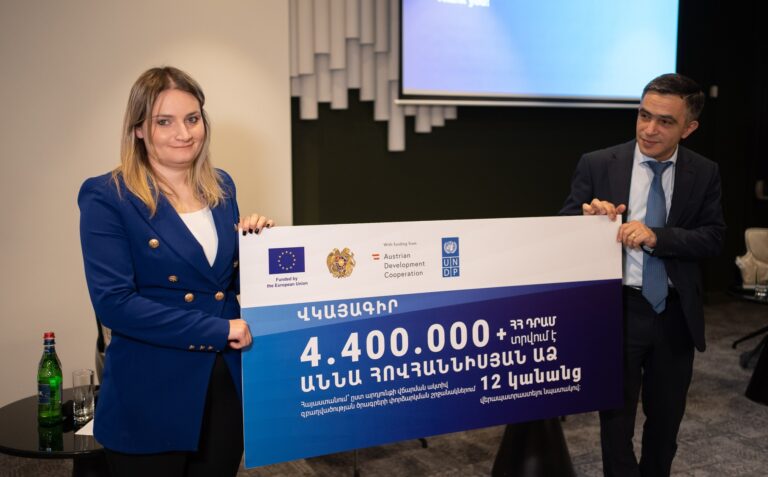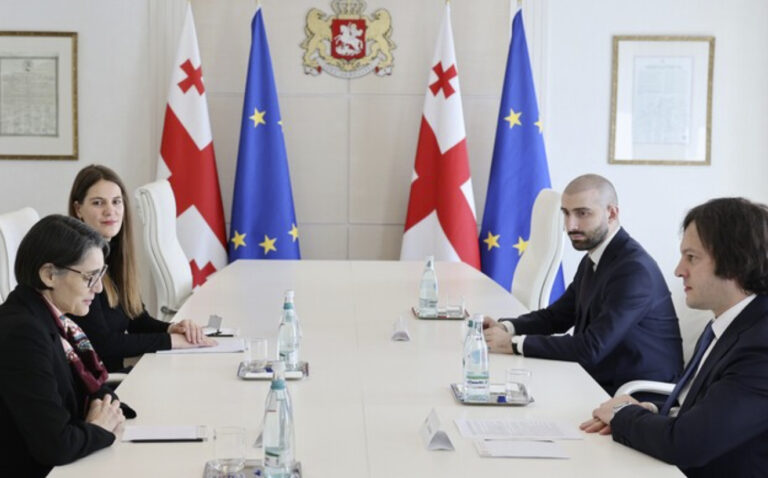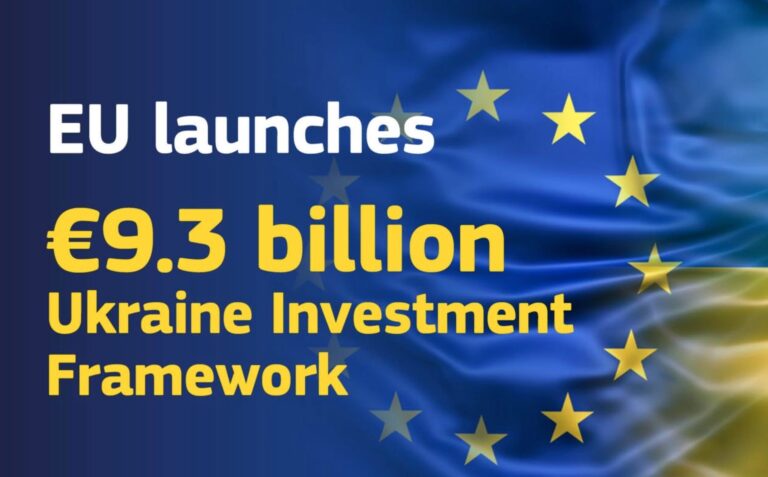
Aggression against Ukraine: new sanctions target Belarusian banks, crypto assets, maritime technology and new list of officials and oligarchs
The Council of the European Union today adopted additional sanctions targeting Belarus and Russia.
These sanctions follow the restrictive measures adopted on 2 March in response to the involvement of Belarus in the unjustified and unprovoked Russian military aggression against Ukraine, and in view of the continued gravity of the situation.
For Belarus, the measures introduce SWIFT prohibitions similar to those in the Russia regime and further expand the existing financial restrictions by mirroring the measures already in place regarding Russia sanctions.
In particular, the agreed measures will:
- Restrict the provision of SWIFT services to Belagroprombank, Bank Dabrabyt, and the Development Bank of the Republic of Belarus, as well as their Belarusian subsidiaries;
- prohibit transactions with the Central Bank of Belarus related to the management of reserves or assets, and the provision of public financing for trade with and investment in Belarus;
- prohibit the listing and provision of services in relation to shares of Belarus state-owned entities on EU trading venues as of 12 April 2022;
- significantly limit the financial inflows from Belarus to the EU, by prohibiting the acceptance of deposits exceeding €100,000 from Belarusian nationals or residents, the holding of accounts of Belarusian clients by the EU central securities depositories, as well as the selling of euro-denominated securities to Belarusian clients;
- prohibit the provision of euro denominated banknotes to Belarus.
The Council also introduced further restrictive measures with regard to the export of maritime navigation goods and radio communication technology to Russia: it will be prohibited to sell, supply, transfer or export, directly or indirectly, maritime navigation goods and technology to any natural or legal person, entity or body in Russia, for use in Russia, or for the placing on board of a Russian-flagged vessel.
The EU also clarified that loans and credit can be provided by any means, including crypto-assets, and further clarified the notion of “transferable securities” to clearly include crypto-assets, and thus ensure the proper implementation of the restrictions in place.
In addition, it also extends the exemption relating to the acceptance of deposits exceeding €100,000 in EU banks to Swiss and EEA nationals.
The Council also added 160 persons to the list of legal persons, entities and bodies subject to the prohibitions related to investment services, transferable securities, money market instruments, and loans.
The latest list includes:
– 14 oligarchs and prominent business people involved in key economic sectors providing a substantial source of revenue to the Russian Federation – notably in the metallurgical, agriculture, pharmaceutical, telecom and digital industries -, as well as their family members.
– 146 members of the Russian Federation Council, who ratified the government decisions of the ‘Treaty of Friendship, Cooperation and Mutual Assistance between the Russian Federation and the Donetsk People’s Republic’ and the ‘Treaty of Friendship, Cooperation and Mutual Assistance between the Russian Federation and the Luhansk People’s Republic’.
Altogether, EU restrictive measures now apply to a total of 862 individuals and 53 entities.
Find out more
MOST READ
SEE ALSO

EU Civil Protection Mechanism delivers powerful transformer to Ukraine

EU supports project creating employment opportunities in Armenia

Voice Your Vision: Young European Ambassadors take part in European Forum of Young Leaders in Warsaw

Recently appointed Head of EU Monitoring Mission meets with Georgian Prime Minister

Investments for recovery: EU sets up Investment Framework under its Ukraine Facility
More campaign pages:
Interested in the latest news and opportunities?
This website is managed by the EU-funded Regional Communication Programme for the Eastern Neighbourhood ('EU NEIGHBOURS east’), which complements and supports the communication of the Delegations of the European Union in the Eastern partner countries, and works under the guidance of the European Commission’s Directorate-General for Neighbourhood Policy and Enlargement Negotiations, and the European External Action Service. EU NEIGHBOURS east is implemented by a GOPA PACE-led consortium. It is part of the larger Neighbourhood Communication Programme (2020-2024) for the EU's Eastern and Southern Neighbourhood, which also includes 'EU NEIGHBOURS south’ project that runs the EU Neighbours portal.

The information on this site is subject to a Disclaimer and Protection of personal data. © European Union,







